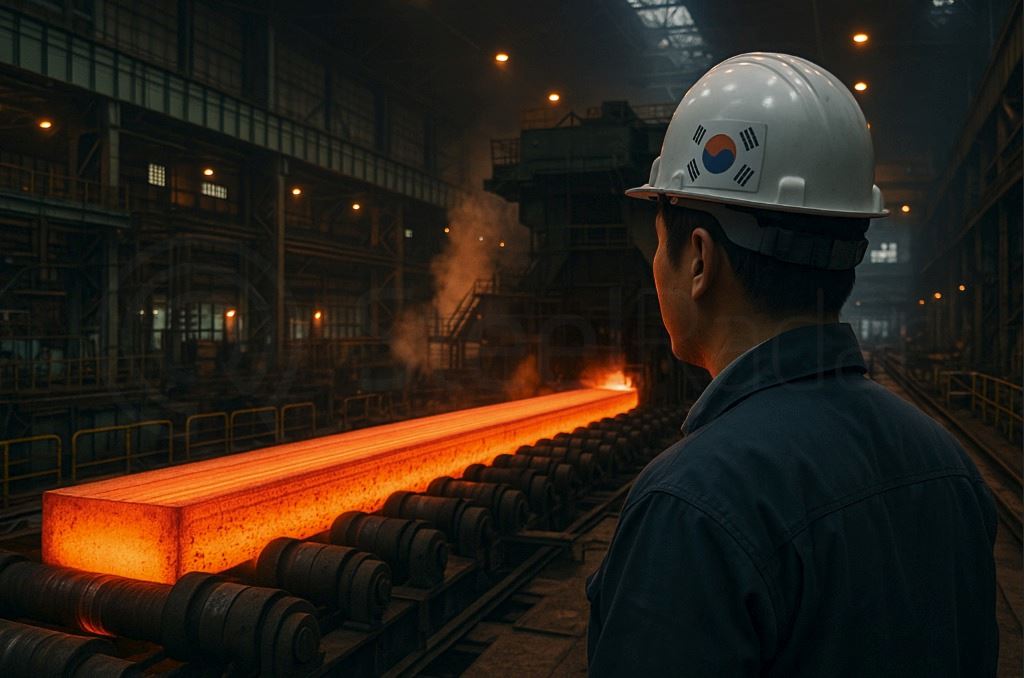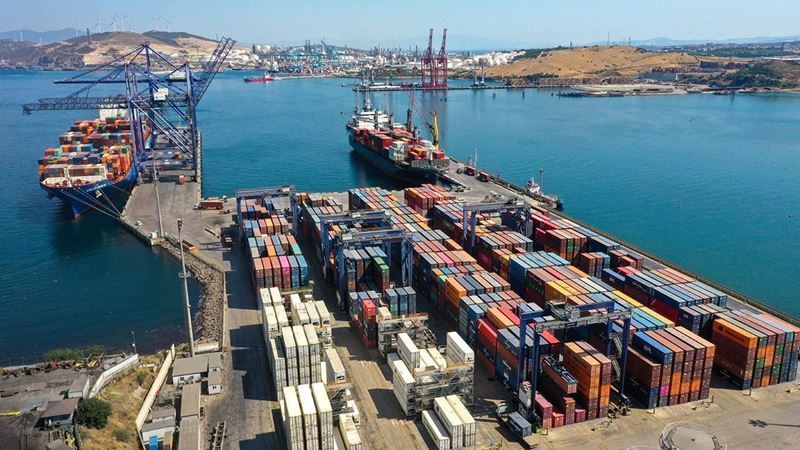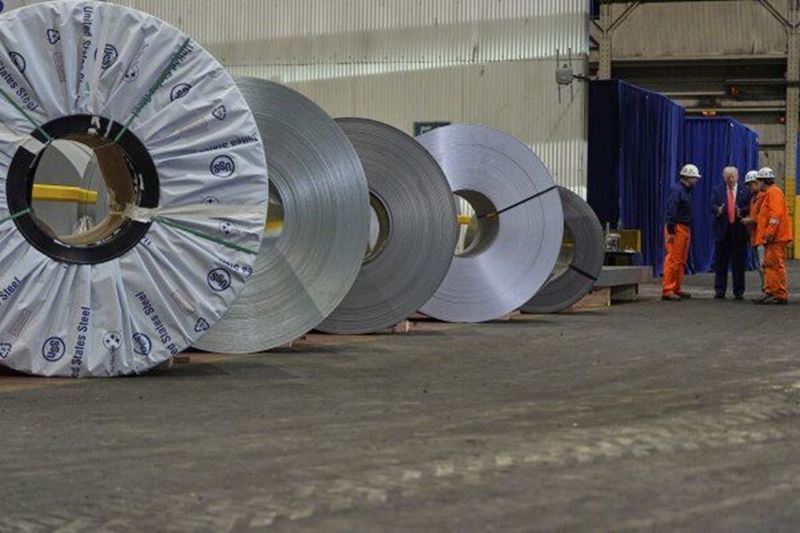Low-cost steel products from China and Japan are squeezing local producers’ marketing margins. Although anti-dumping and protection measures have been implemented, imports cannot be completely blocked, making competition especially difficult for smaller producers.
A South Korean trader stated, “At the current demand level, it is inevitable that small producers will be pushed out of the market.” Small scale facilities capacity utilization rates are falling below 30%, making continued production unsustainable, while large producers are forced to decide to shut down unprofitable production lines.
Some traders are considering turning the producer crisis into an opportunity, planning more aggressive sales in foreign markets; competitive pricing could enable stock clearance in regions such as Southeast Asia, the Middle East, and Türkiye.
According to a market analyst, “Pressure could become even more evident after the Chuseok holiday. While scheduled maintenance at several main EAF mills may temporarily limit supply, domestic demand for finished steel remains very weak. Demand has not recovered since 2024, and political instability adds further challenges to the sector.”
The sector also requires investments in “green steel” production, carbon emissions reduction, and energy efficiency. However, companies under pressure are finding it difficult to invest in this transformation. Additionally, import tariffs imposed by the US and other countries on steel and steel products are limiting export potential.
-
South Korea’s crude steel production reached 5.2 million tons in August 2025, down 6.1% compared to August 2024.
-
It is estimated that 30–40% of current facilities are operating below the projected standards; without capital injection, one-fifth of them face a high risk of closure.
-
Capacity utilization rates of small domestic competitors have fallen below 80%, considered a critical threshold for the sector.
Current Situation of Major Producers
-
Hyundai Steel: In June 2025, Hyundai Steel temporarily shut down its Pohang No.2 plant due to a prolonged demand decline.
-
Dongkuk Steel: The company decided to close its rebar production facility in Incheon from July 22 to August 15, 2025; this is the first time in its 71-year history that such a step has been taken.
-
POSCO International: According to the Q2 2025 earnings release, the operating profit of the Energy segment decreased by 16.3% compared to Q2 2024 (KRW 200 billion → KRW 165 billion). Capacity utilization dropped from 44.8% to 36.5% year-on-year.










Comments
No comment yet.